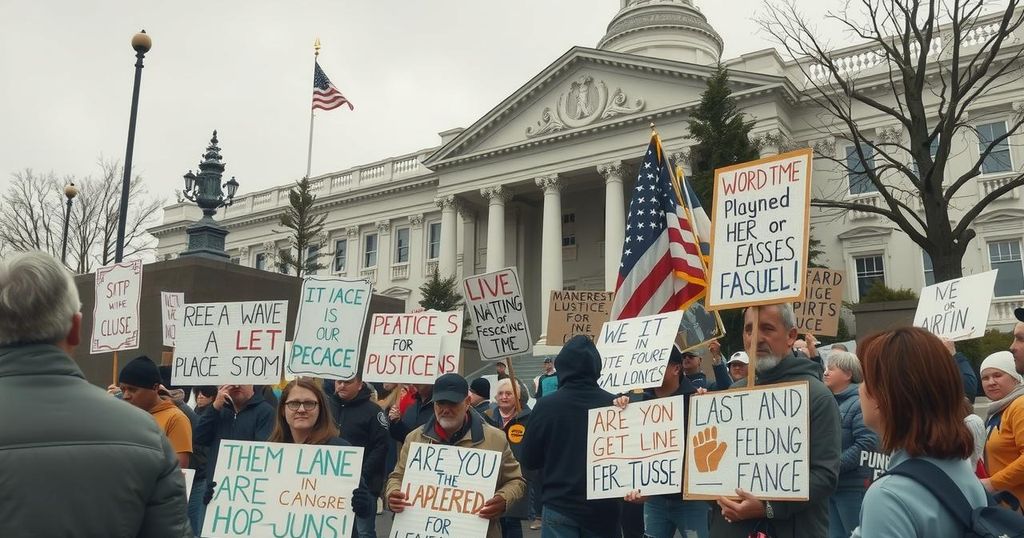The U.N. Security Council will meet to discuss Iran’s increasing uranium stockpile, requested by six member nations. Key topics include Iran’s nuclear obligations to the IAEA amidst rising enrichment levels nearing weapons-grade. Britain, France, and Germany are prepared to reimpose sanctions, though they will lose authority after October 18 of the following year.
The United Nations (U.N.) Security Council is set to convene in a closed-door meeting to discuss Iran’s increasing stockpile of uranium enriched close to weapons-grade levels. This meeting was prompted by a request from six member nations, including France, Greece, Panama, South Korea, the United Kingdom, and the United States.
In addition to discussing the stockpile, the council is expected to address Iran’s obligations to provide the International Atomic Energy Agency (IAEA) with necessary information regarding undetermined nuclear material detected at various sites in Iran. Currently, Iran’s mission at the U.N. has yet to comment on this upcoming meeting.
Iran has consistently maintained that it does not seek to develop nuclear weapons. Nevertheless, it has significantly accelerated uranium enrichment to levels nearing 60%, which is alarmingly close to the 90% threshold associated with nuclear weaponry, as cautioned by the IAEA. Western nations argue that no civilian program necessitates such high levels of enrichment, a practice that typically indicates intentions to produce nuclear arms.
The situation traces back to the 2015 Joint Comprehensive Plan of Action (JCPOA), where Iran entered an agreement with six nations, including the U.S., which eased sanctions on Iran in exchange for nuclear restrictions. However, following the U.S. withdrawal from the agreement in 2018, Iran has gradually moved away from its commitments to nuclear limitations.
Britain, France, and Germany have informed the U.N. Security Council of their readiness to reinstate all international sanctions on Iran should the need arise to thwart its nuclear ambitions. However, they will lose the authority to enact such measures after October 18 of the following year, when the U.N. resolution pertaining to the agreement expires. The U.S. administration is currently collaborating with allies to prepare for the re-imposition of sanctions on Iran.
In summary, the forthcoming U.N. Security Council meeting aims to address Iran’s concerning uranium enrichment activities and its commitment to nuclear transparency. As tensions rise over Iran’s nuclear ambitions, the actions of key nations reflect a unified stance against potentially nuclear-capable developments. The upcoming expiration of sanctions re-imposition authority further intensifies the urgency of the discussions at hand.
Original Source: www.usnews.com




